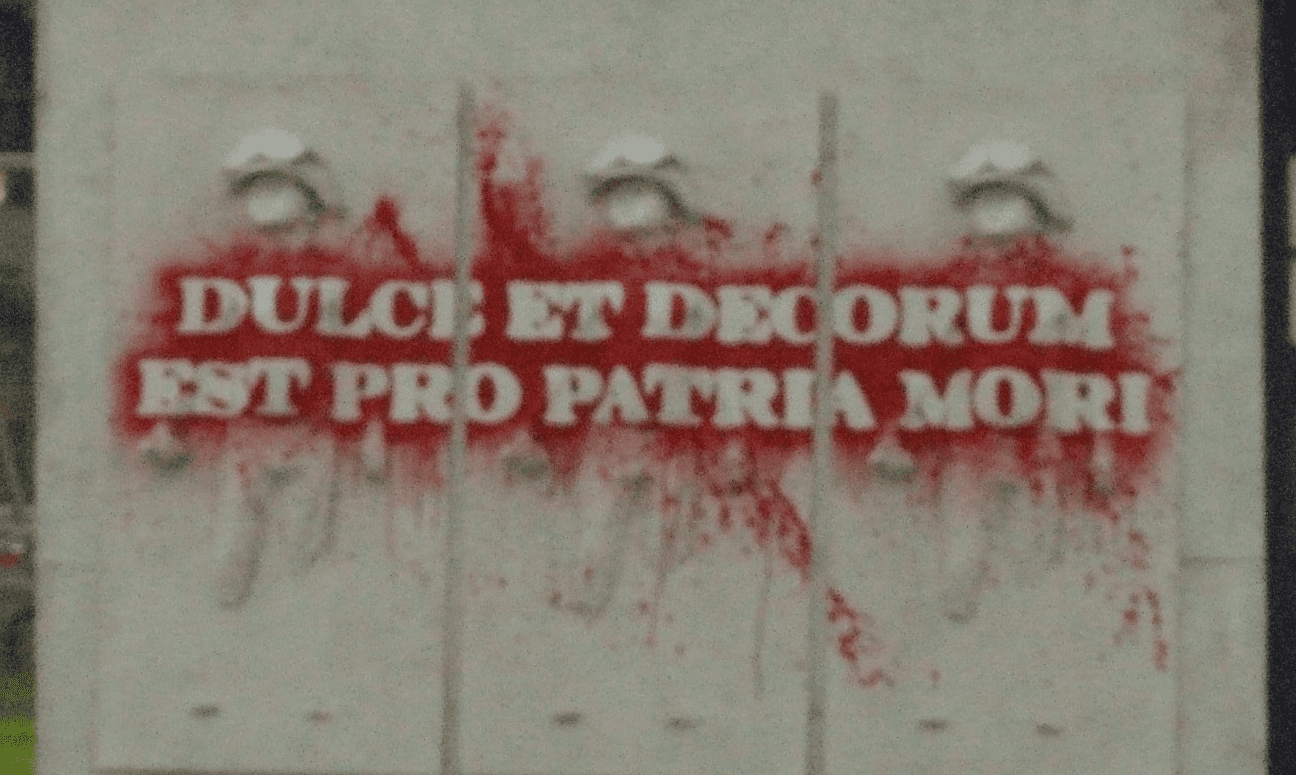
Politics and the Art of Lying in Horace’s Odes
Peter Heslin, Class of 1932 Visiting Fellow in the Humanities Council and the Department of Classics
Thu, 3/27 · 4:30 pm—6:00 pm · 010 East Pyne
Department of Classics; Humanities Council

We are living, sadly, in an age of the big political lie: leaders avowing untruths so stark and incredible that their purpose is not so much to mislead as to assert control. In an emerging autocracy, the big lie serves to remind the populace that obedience is more important than truth. Among the lies promulgated by the emperor Augustus as he ushered the Roman Republic to its end, two stand out for their brazenness: that he restored the constitution of the Republic and that he conquered the kingdom of Parthia. In this talk I will examine how Horace prepared the ground for these two falsehoods in his most exquisite poems, the Odes. Neither a propagandist nor a subversive, Horace encourages the reader to accept these untruths as lies that are worth pretending to believe. The calculated ambiguity of poetry affords him the means to imply arguments in favor of the big lie that would be treasonous to articulate explicitly. In the Odes, we can see poetry not just passively reflecting political ideology, but helping to shape it.
Co-sponsored by the Department of Classics and the Humanities Council
Peter Heslin is a scholar of Classical Latin poetry, Roman art and topography, and the digital humanities. He is the developer of the Diogenes software, open-source software providing digital access to the Classics. He is the author of Propertius, Greek Myth, and Virgil: Rivalry, Allegory and Polemic (Oxford University Press, 2018), The Museum of Augustus: The Temple of Apollo in Pompeii, the Portico of Philippus and Roman Poetry (Getty Museum, 2015), and The Transvestite Achilles: Gender and Genre in the Achilleid of Statius (Cambridge University Press, 2005). His current research focuses on applying machine learning and Bayesian models to ancient languages, and on the poet Horace.
Heslin is a Class of 1932 Long-Term Visiting Fellow in the Humanities Council and the Department of Classics in Spring 2025. He is teaching a graduate seminar on Horace.















